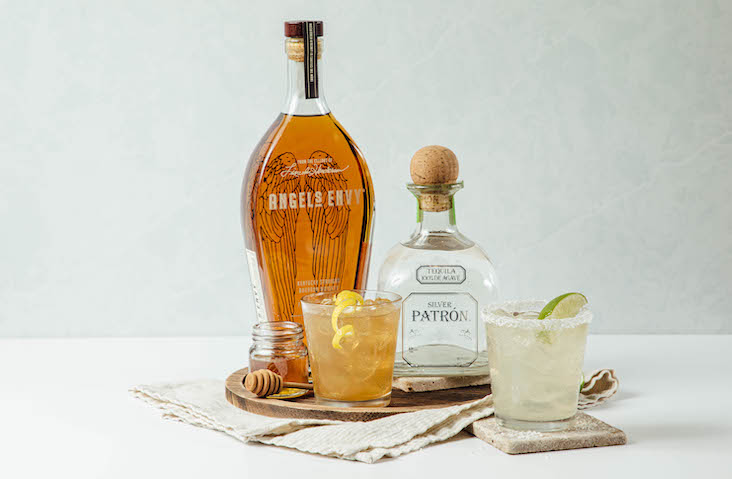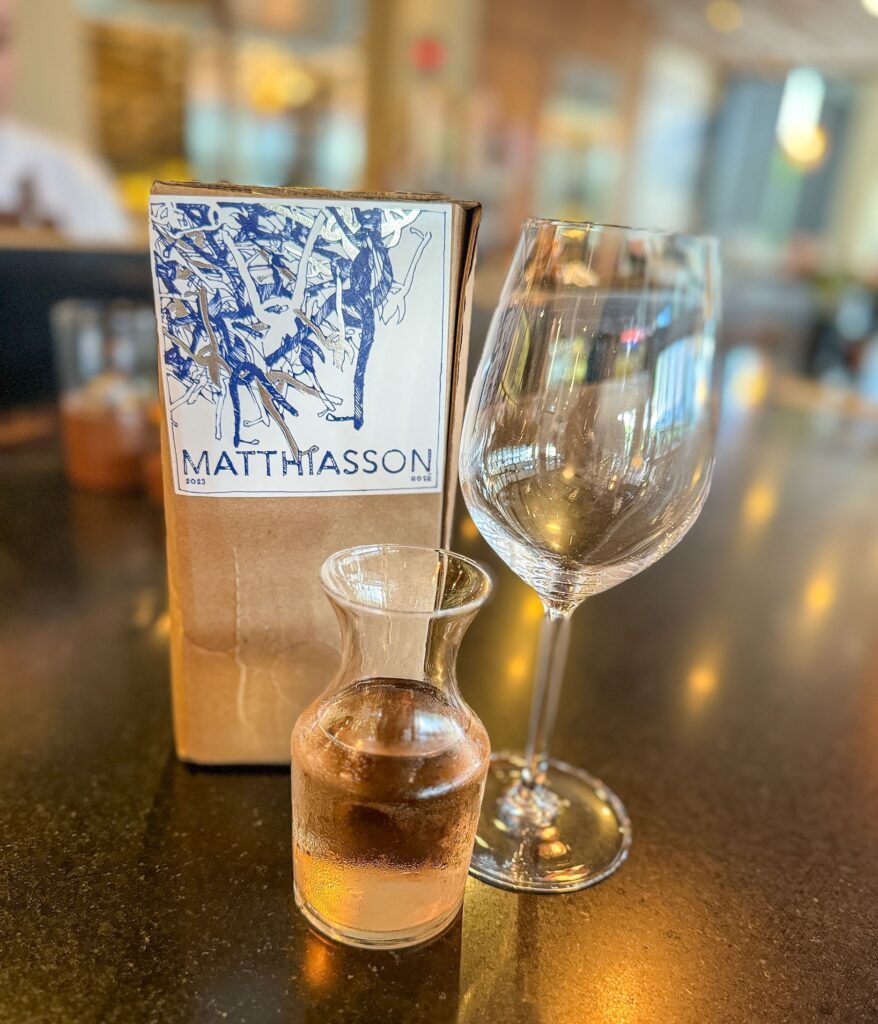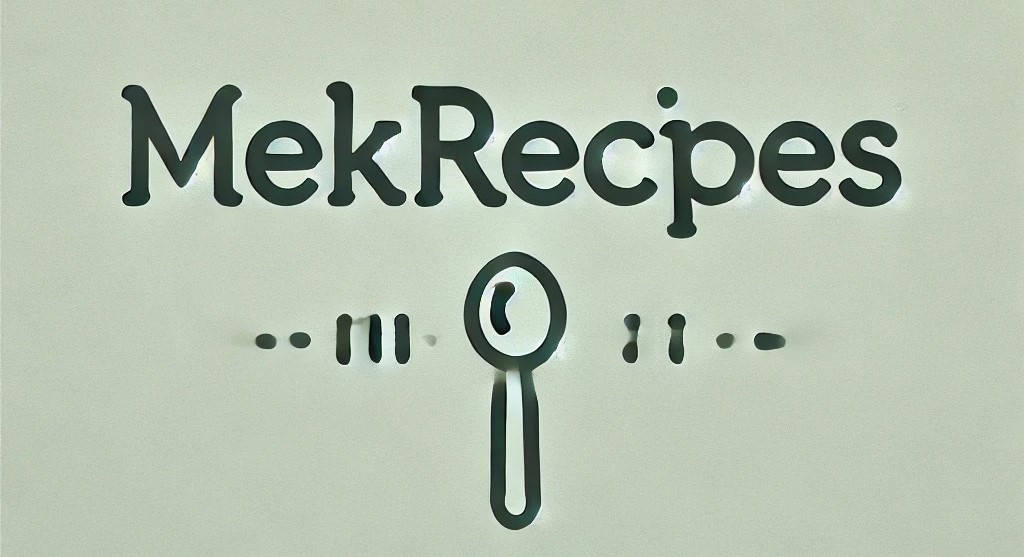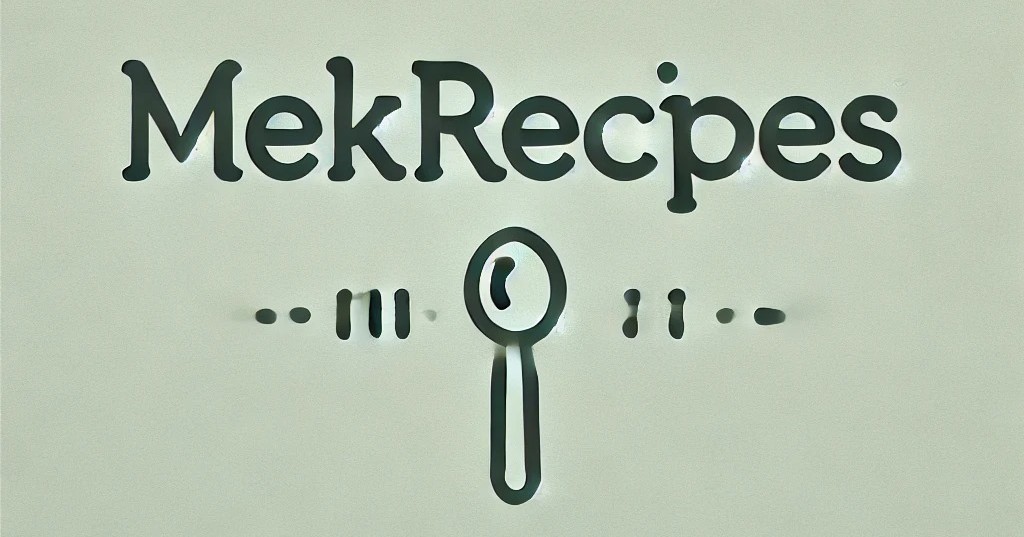Whereas many beverage alcohol manufacturers have elevated their dedication to extra sustainable manufacturing and distribution, on- and off-premise operators are taking intention to decrease their carbon footprints in numerous methods. These efforts vary from carrying pure and sustainably made merchandise to no-waste cocktails to particular promotions that profit earth-friendly initiatives.
As an illustration, hospitality and leisure firm Delaware North this previous April partnered with The Bee Trigger Undertaking to advertise training and consciousness for the planet’s pollinators. From April 1 to Could 20, the marketing campaign supplied friends at greater than 100 Delaware North U.S. working areas two specialty cocktails: the Bee’s Harvest Margarita, a premium Margarita made with Patron Silver tequila, and the Bourbon Bee’s Knees, made with Angel’s Envy Kentucky Bourbon whiskey.
The marketing campaign additionally supplied academic materials through an interactive, augmented actuality expertise that was accessible on cellular gadgets from a QR code. Prospects might reply trivia inquiries to be taught concerning the significance of pollinators and share pollinator-themed information and selfies on their social media channels.


Collaborating Delaware North operations embrace a number of Patina Restaurant Group areas at Disney Springs at Walt Disney World in Orlando; State Grill and Bar contained in the Empire State Constructing in New York; choose eating places at Hartsfield-Jackson Atlanta Worldwide Airport; Yavapai Lodge at Grand Canyon Nationwide Park; and Bridgestone Area in Nashville, amongst others.
It’s the second yr Delaware North has partnered with The Bee Trigger Undertaking throughout Earth Month to boost consciousness concerning the impression of pollinators and the crucial position they play within the atmosphere and agriculture. For the 2024 marketing campaign, which was expanded past Earth Month and featured a second beverage choice, Delaware North donated $20,000 to the nonprofit group.
Earth-friendly Agave Farming
Given the significance of pollination for Weber blue agave, a crucial ingredient in tequila, Bacardi USA – the dad or mum firm of each Patron and Angel’s Envy – goals to restrict the environmental impression on tequila manufacturing and defending pollinators. It’s the primary tequila distiller to be GLOBALG.A.P. (International Good Agricultural Follow) Licensed for assembly agricultural requirements.
Certainly, sustainability is crucial within the mezcal and tequila industries for a number of causes, says Mike Moreno, co-owner of Moreno’s Liquors and Osito’s Faucet in Chicago. “First, agave vegetation take years to mature, and overharvesting threatens their populations and biodiversity. Unsustainable farming degrades soil and may result in deforestation. Moreover, manufacturing requires vital water use and generates waste, which, if not managed correctly, harms the atmosphere.
Mezcal manufacturing culturally depends on conventional, typically indigenous, strategies, and unsustainable practices jeopardize these customs. Moreno provides. “Economically, small-scale producers are in danger as large-scale operations dominate. Lastly, with rising world demand, sustainability ensures long-term viability and meets the growing client choice for eco-friendly merchandise.”
Greener Grapes
Sustainable is kind of a broad class in wine, says Mark Patykewich, director of meals and beverage and wine director for The Katharine at The Kimpton Cardinal Resort, Winston-Salem, NC. “It could actually discuss with something from the packaging that the wine is shipped in to excessive practices within the winery that harken again to historic winemaking strategies specializing in minimal intervention.”
In its commonest sense, sustainable wines are these made with nice look after the atmosphere — the place vines are co-planted with different indigenous vegetation to encourage biodiversity and pollination, Patykewich says.
”Winemakers who’re conscious of their impression to the atmosphere typically use pure alternate options to pesticides,” he notes. “It’s all about making selections that make the soil and the land more healthy for the longer term, not simply targeted on one singular harvest.”
Within the vineyard, winemakers will typically decide to do much less and never add sugars or acid to wines. “The much less human intervention, the higher in sustainable winemaking!”
Patykewich believes that when customers buy a wine from a producer that’s targeted on doing the precise factor for the atmosphere, they’re voting with their wallets for a constructive change to environmental practices. “Even when it is only one bottle, it’s making a distinction,” he notes.
What’s extra, sustainably produces wines are more healthy, Patykewich says.
“They lack lots of the chemical substances and pesticides utilized by so many different winemakers,” he explains. “I wouldn’t go so far as to say it prevents a hangover, nevertheless it makes them an entire lot simpler to abdomen.”
Sustainability is significant to wine manufacturing’s long-term success, says Nick Pizzonia, vice chairman of Courtroom Liquors in Lengthy Department, NJ. “It is going to assist shield our pure sources similar to water and vitality.”
Growers are wrestling with local weather change on a yearly foundation, he notes, “and the previous isn’t working so effectively. A number of the selections commodity farming has made have led to those issues.”
Monoculture, for instance, “degrades soil well being, relies on artificial fertilizers and destroys ecosystems,” Pizzonia says. “Sustainable efforts might help scale back and even remove among the issues.”
Throughout all tiers, farmers, suppliers and retailers are making significant adjustments, whether or not it’s growers changing to natural and biodynamics or suppliers wanting into to lighter-weight class and or recyclable packaging, says Pizzonia. “On the retail stage, you might be seeing consumers make a selection, stocking natural picks over commodity produced merchandise.”
Do customers actually care about and help such sustainability efforts?
They care an ideal deal, in response to Pizzonia. “We see within the on a regular basis demand and our gross sales present it.” About 70% of Courtroom Liquors’ wine gross sales come from sustainable, natural and biodynamic wines, vs. 30% from commodity wines, he says.


From Bottles to Containers
Sustainable packaging is a one other concern, as glass bottles vastly contribute to the wine business’s carbon footprint. Bogle Household Wine Assortment earlier this yr launched Ingredient[AL] Wines, a wine model packaged in 750-ml. aluminum wine bottles which might be light-weight, recyclable and made within the form of a standard wine bottle. In comparison with delivery glass bottles, Ingredient[AL] aluminum wine bottles, that are 80% lighter than a mean glass wine bottle, save roughly 11,500 lbs. of weight per truckload for a similar quantity of wine, the corporate says. Ingredient[AL] shipments can even match 43% extra instances of wine per truck whereas holding the full load 3% lighter compared to glass.
To minimize its carbon emissions, Merriman’s Hawaii, which operates 4 eating places all through the Hawaiian islands, transitioned to lighter-weight bottles for all its wine-by-the-glass packages in 2023. However the firm discovered that these bottles are sometimes simply 5% to 10% lighter, “and we needed to make a bigger impression,” says beverage director Jason Vendrell.
“The surplus weight of the bottles makes use of further gas on the barges coming over the Pacific, then on the supply vans, then once more on the recycling vans,” he provides. “Since every part we carry to the Islands comes through boat, there may be much more of a necessity for us to chop again on these emissions.”
That’s why Merriman’s simply launched a boxed wine program with a number of California wineries. The corporate curated a particular wine menu debuting this fall with Matthiasson Vineyard in Napa Valley, Melville in Santa Rita Hills and Linne Calodo in Paso Robles.


“We needed to work with wineries that produce high-quality wines, who additionally worth sustainable practices and minimizing their carbon footprint,” says Vendrell. “This system’s success requires that the standard of wine we serve shouldn’t be compromised in any respect. By deciding on these wineries, we are able to preserve our distinctive wine choices whereas actually making an impression.”
Chef Peter Merriman, who based the corporate in 1988, has set a purpose to make all Merriman’s areas carbon impartial. The preliminary rollout of the boxed wine program, which may also be accessible at Merriman’s sister areas at Handcrafted Eating places, will change 1,344 bottles with 336 containers.
It is going to additionally lower the corporate’s carbon footprint by greater than 50%, as a result of gas used to ship and recycle conventional wine bottles. “We’re dramatically decreasing the carbon footprint on every leg of the journey, with out negatively affecting the visitor expertise,” Vendrell says.
Low-/no-waste Cocktails
Bars are identified for his or her waste, primarily from the by-products of recent produce used for juice and drink garnishes. However a number of on-premise operators have applied extra sustainable practices.
As an illustration, all bartenders at Botanist restaurant within the Fairmont Pacific Rim resort in Vancouver, Canada, endure sustainability coaching. They use closed-loop-oriented cocktail and ingredient creation, which goals for as near zero waste as doable, with strategies similar to saving waste trimmings for citrus, fruit and vegetable garnishes to create syrups and utilizing different acids as a substitute of freshly imported citruses for a decrease carbon footprint.
Superbueno in New York focuses on zero-waste drinks and repurposing cocktail by-products within the kitchen. As an illustration, the group makes use of plums cooked down right into a syrup and strained for the Salted Plum & Tamarind Milk Punch; the fruit is then repurposed within the kitchen for the Salted Plum Donut.
The bar’s Adobada Bam Bam cocktail, created by Superbueno proprietor Igancio “Nacho” Jimenez, makes use of all the pineapple: the juice; grilled pores and skin, which is infused into the mezcal base; the remaining pores and skin, which is used for a vinegar; and leftover pulp, which is blended with maldon salt and guajillo pepper for the garnish.
A brand new bar program at Spago Beverly Hills incorporates kitchen scraps to create progressive drinks. Bar director Adam Fournier makes use of oyster shells, that will have in any other case been discarded, in an oyster shell vermouth infusion for the Walrus and The Carpenter Martini.


The bar additionally makes use of the banana skins leftover from making banana-infused oloroso sherry to create a banana oleo for a Piña Colada-style cocktail known as Our Flag Means Demise.
At Caletta, a brand new cocktail lounge and piano bar at Resort Anna & Bel in Philadelphia, “our bar program is deeply dedicated to sustainability and minimizing waste, and one of many methods we do that is by cross-utilizing components from the kitchen,” says beverage director Benjamin Kirk.
“This method not solely reduces waste but in addition enhances the creativity and taste profiles of our cocktails, making them distinctive expressions of our ethos.”
For instance, the Maria Carta is a stirred Appletini that makes use of practically the entire apple. “We juice the apples for the recent, crisp base of the drink, however we don’t cease there,” Kirk says. “The leftover apple pulp is dehydrated right into a effective powder, which turns into a stupendous and flavorful garnish, making certain that no a part of the fruit goes to waste. This observe not solely embodies zero-waste rules, but in addition provides an additional layer of texture and style.”
Past particular cocktails, Caletta’s philosophy extends to the way in which they deal with garnish fruit.
“Any fruit that doesn’t meet visible requirements however remains to be completely usable is dehydrated and infused into bitters or included into house-made syrups and liquor infusions,” says Kirk. “This not solely eliminates meals waste but in addition introduces distinctive, concentrated flavors to our drinks, making every sip distinct.”
By way of these strategies, Caletta not solely reduces waste but in addition elevates the cocktails by creating complicated, layered flavors, Kirk provides. “The result’s a sustainable bar program that aligns with our values of resourcefulness, creativity and collaboration.”



